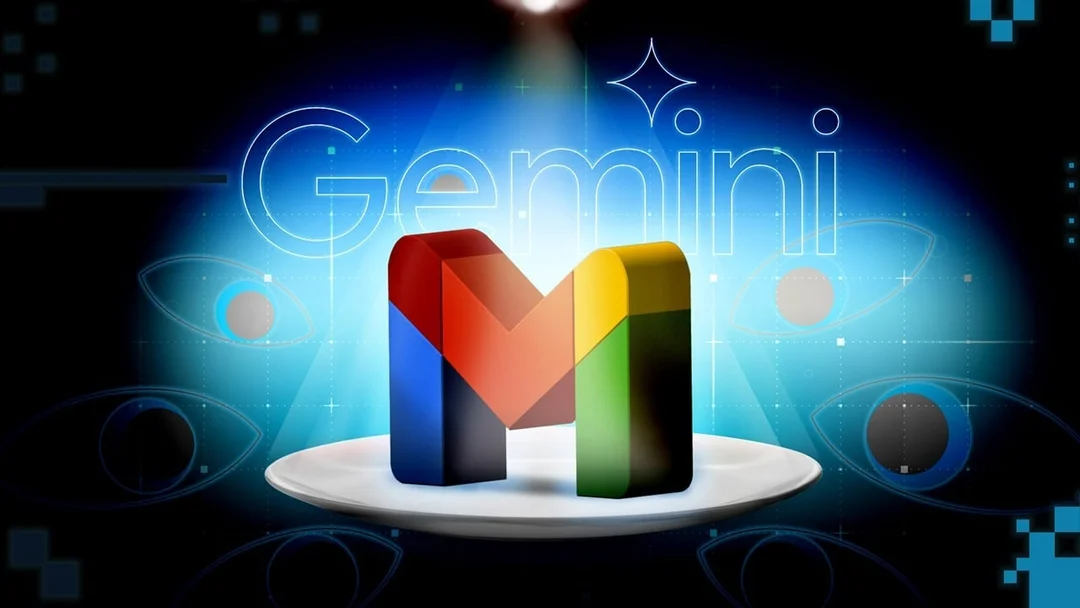
Google’s Gemini Knows You Better Than You Think: Gmail’s AI Upgrade Sparks Privacy Concerns
Google is pushing the boundaries of AI integration with its latest Gmail upgrade, but is convenience worth the privacy cost? The tech giant is offering users personalized smart replies powered by its Gemini AI model, promising to craft responses that mimic your tone and style by analyzing past emails and Google Drive data. This bold move raises serious questions about data security and the extent to which we're willing to hand over our personal information for the sake of efficiency.
According to Google, Gemini will use your past communications and documents to create "authentically" you-sounding replies, even incorporating your favorite word choices. While this sounds appealing, experts are urging caution.

The Verge highlights that these improvements build upon Google's contextual smart replies introduced last year, but now include significantly more context. This means Gemini could potentially access a vast trove of your personal data.
The rollout, which will initially be limited to English across Android, iOS, and the web, marks a potential tipping point for users. As Android Authority warns, "enabling this feature means giving Gemini permission to access your emails and scan the contents of your Google Drive. So, if privacy is a concern, the feature may not be for you."
PC Mag echoes these concerns, stating "I gave Gemini access to my Gmail, and it weirds me out." While Google guarantees that Gemini data from Google Workspace apps like Gmail won't be used for training, ad targeting, or selling, trust in tech giants remains fragile.
The introduction of end-to-end encryption in Gmail further complicates the matter, as AI cannot analyze encrypted emails. This raises fundamental questions about the future direction of email and Google's policy on data privacy.
Tom's Guide points out the lack of guarantees that sensitive details won't accidentally resurface in AI-generated summaries. The growing integration of AI into our devices may eventually make opting out increasingly difficult.
As legislators struggle to keep pace with AI development, our data remains at the mercy of companies like Google and OpenAI. While users have some control over shared and saved information, the vast majority rarely delve into those settings.
Google itself encourages users not to input confidential data into Gemini, but this can be challenging when the assistant is deeply integrated into every aspect of your digital life.
Android Headlines posits that Google's Gemini is so far ahead that Apple's Siri looks like a fossil, largely because Google, unlike Apple, leverages vast amounts of user data. Apple's commitment to privacy has hindered its AI development.
While Google boasts about on-device processing and privacy-preserving approaches, significant user data still finds its way into Google's AI cloud.
The question remains: will the convenience of personalized AI outweigh the potential privacy risks? As Google encourages users to "try it yourself later this year," it's crucial to carefully consider the implications of granting access to your personal data.
What are your thoughts on the new Gmail upgrade? Will you embrace the personalized smart replies, or are you concerned about the privacy implications? Share your opinions in the comments below.
Related issues news
What is Google AI Pro?
Google AI Pro members now have access to Flow with Veo 2, a generative video tool for filmmaking. The tool helps users to create clips, scenes, and stories faster using AI. It also offers different modes to generate new videos, such as: Text to video. Ingredients to video.
What is Google AI Ultra?
With AI Ultra, NotebookLM gives you: Five times more Audio Overviews, notebooks, queries and sources per notebook. Customizable notebook styles and length of responses. Additional sharing options and analytics for your notebooks. The highest limits and best model capabilities (later in 2025)